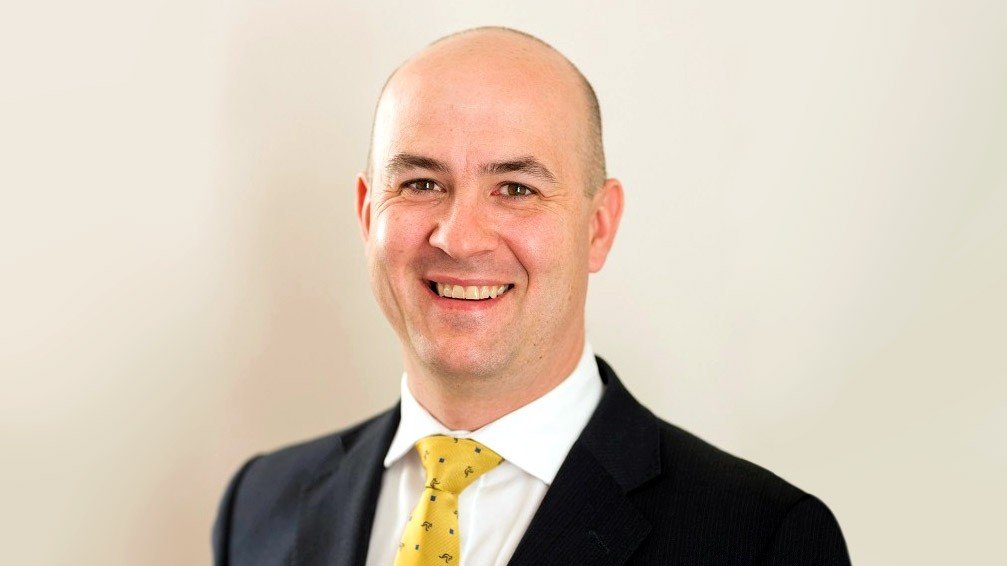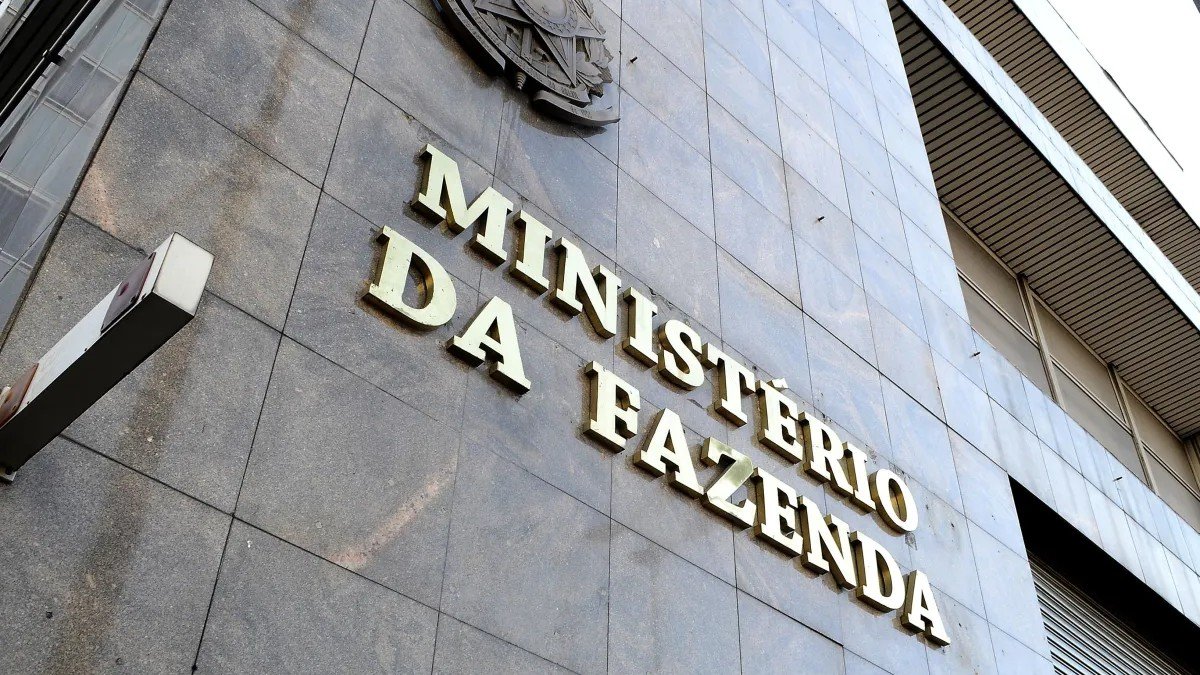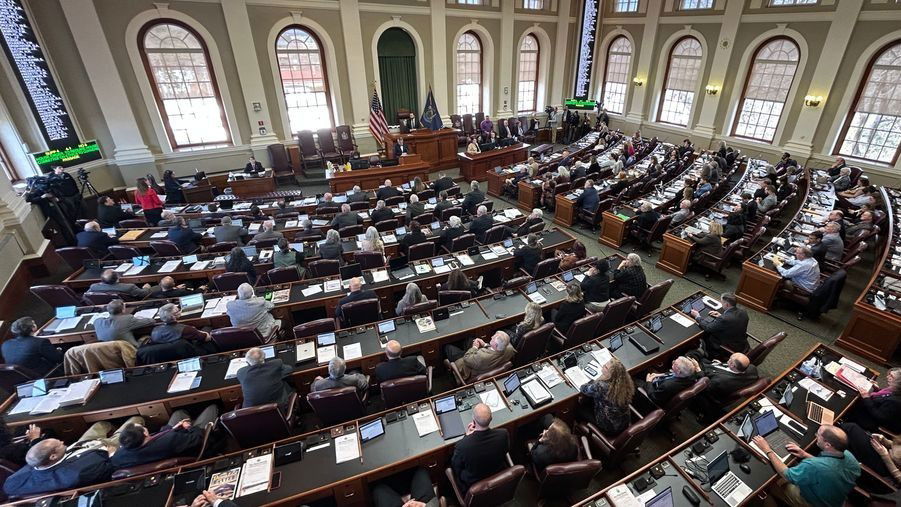UKGC boss says White Paper delay no excuse to not tackle issues; warns about product "gamblification"

UK Gambling Commission CEO Andrew Rhodes has reinstated the regulator’s commitment to reduce gambling harm, saying that the wait for the upcoming Gambling Act Review White Paper is no excuse to not tackle problems now. The executive also warned against the risks stemming from the “gamblification” of products that currently aren’t covered by gambling legislation, and remarked that the commission still sees “far too many examples” of operators failing standards.
Rhodes, who was confirmed as permanent boss of the UKGC last month, spoke at the Westminster Media Forum on Monday. At the Gambling Regulation Conference, he addressed gaming operators ahead of the much-awaited White Paper, stating it was “a useful moment in time” to step back and look at the shape of gambling in Great Britain today.
The risk of product "gamblification"
The chief executive said one big trend seen by the Commission at the present is that entertainment is becoming “more seamless” -across locations, channels and devices- with gambling operators looking to take advantage of this trend by moving toward “more entertainment-focused business models.”
This, Rhodes said, reduces the friction between gambling and non-gambling products, with brands operating in the latter segment now entering the gambling space. But while operators looking to make a profit from lower-spending recreational consumers may be “a good thing,” the CEO warned against the risks that come from the “gamblification” of products.
An example of "loot boxes" in popular game Overwatch
Rhodes cited loot boxes in video games, NFTs, crypto and “synthetic shares” as examples of products currently not covered by gambling legislation. They are becoming “increasingly widespread” and the boundaries between what is gambling and what is not are becoming “increasingly blurred.” This has also been a source of concern in other gambling markets, such as the Spanish one, in which the Gov. is seeking to regulate loot boxes, which it has compared to “games of chance.”
“We see an incredibly energetic and innovative industry, one that is still grappling with the effects of the pandemic, which is still looking for areas to grow,” noted Rhodes. “But one that still has the potential to cause great harm. And in the unregulated spaces around it, we see too many hangers-on, trying to make a quick buck from the harm they cause.”
Post-pandemic industry trends
The UKGC CEO also described gambling as “an increasingly global industry,” with operators now resembling global tech firms. In the British industry -the largest regulated online market in the world- the pace of mergers and acquisitions has continued to accelerate, with the four largest operators now having international footprints and making up, for the first time, more than half of the market by Gross Gambling Yield when excluding the National Lottery.
Rhodes and his colleagues expect this trend “to continue in the near future,” playing against a backdrop of the industry looking to move beyond the pandemic. With restrictions having been lifted for some time now, the UK sector has started to see recovery in land-based gambling, while online has -in some areas- fallen back.
Real Event Betting GGY at land-based venues has climbed to account for over 40% of total Real Event Betting GGY in March 2022, while online gambling has seen slot session length decreasing from averaging 21 minutes in 2020/21 to 18 minutes in recent months. However, Rhodes admitted it’s “too early” to tell if this is due to a change in behavior, or whether customers are spreading their money around different operators.
Rhodes did, however, concede that problem gambling figures have come down over the last few years, with statistics showing just 0.2% of the population are currently termed problem gamblers. But the CEO explained that this has only been cautiously welcomed, as the latest combined data from different surveys -conducted in 2018- suggest that number grows to 0.7%.
Rhodes has been described by UK media as having a strict approach to regulation
In an effort to gather more precise data, the regulator has commissioned a Participation and Prevalence Methodology Pilot earlier this year, with the new methodology having the potential to become the new official statistic. When it launches fully, it will be surveying around twenty thousand people a year - one of the largest surveys of its kind, according to Rhodes.
While a comparison with prior methods might be inaccurate, given different approaches, the pilot suggested problem gambling has raised up to 1.3%. The Commission will be using the next year to analyze the new methodology, scaling it up so it becomes the new “gold standard.” “We need better data so that we can make better progress,” Rhodes said.
“Sadly, we still see far too many examples of operators – land-based and online, from small and local to the big 4 – making mistakes, failing our standards and failing their customers,” he warned, citing cases in which customers lost thousands of pounds without proper intervention from the operator. “We see more in many assessments. That’s not good enough, and it’s not sustainable either,” the Commission’s boss warned.
Enforcement and regulation
While the UKGC expects success from new approaches -including ongoing efforts to develop a single customer view, better standards on several areas, and work alongside gambling companies- Rhodes stated the regulator will “escalate the penalties for failings” if it doesn’t see the industry start to consistently live up to the standards it sets.
In terms of announcements, Rhodes said the UKGC’s approach to customer interaction is about to become “far more prescriptive” following a consultation response published in the Spring. Rules will come into effect in September, with guidance coming out this month. Rhodes remarked on the importance of compliance, which he said benefits not just customers but the industry itself.
“We can have a level playing field of repeated failures and hefty enforcement action throughout the industry, or we can have a level playing field of compliant licensees who protect their customers and keep crime out of gambling,” the executive said. “For our part, we will continue to be vigilant for poor practice and failings.”

At the moment, Rhodes said, the UKGC is operating on an interim Business Plan until the regulator sees “what the Gambling Act Review White Paper contains.” Still, the CEO said the wait won’t stop the Commission from “taking action.”
“I want to be clear: if you are a senior Executive or a Board member at one of our Licensees, we at the Commission see you as if your name was above the door of your company,” Rhodes warned. “You are responsible for its actions and, as we have previously, we will hold you as well as your company to account.”
Elsewhere in the conference, the UKGC boss said the Commission is taking action against black-market gaming -a concern that the body tackles “day in, day out”- but remarked it is not the overwhelming risk it is sometimes painted to be, and that it won’t be an excuse for not addressing some of the extremes also seen in the regulated industry.




















































